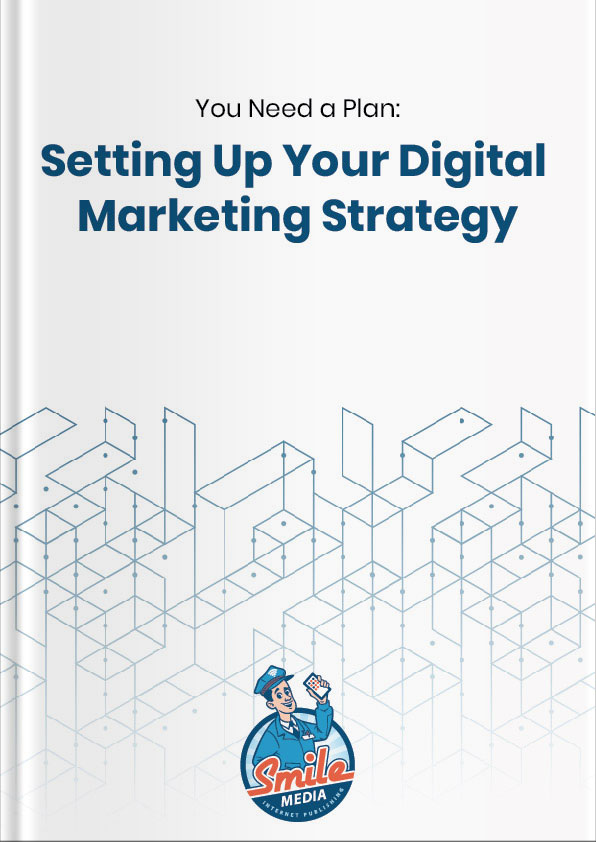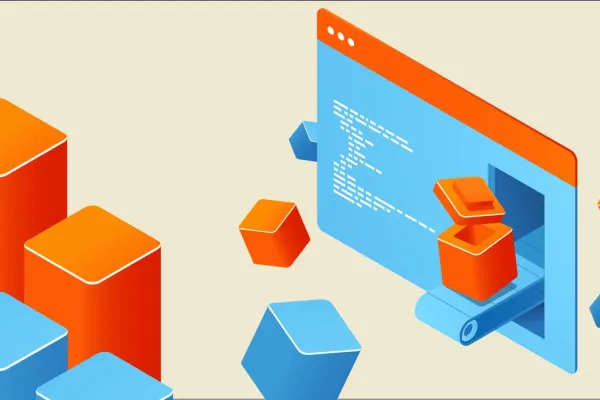Learning Management Systems (LMS) are one of the most accurate ways to administer, document, track and report on educational courses or training programs. For those that use it for higher education courses via systems like Blackboard Learn, Moodle, and Canvas, an LMS provides an unbiased platform for rating student performance. An LMS can also be an effective solution for analyzing any type of student performance across a variety of industries.
LMS is the future of teaching and training employees and students, mainly because of its convenience and flexibility. Additional benefits of using LMS to enhance your team’s skills and capabilities include:
An Unbiased Measurement
Human Capital Management (HCM) systems are still very common today, despite the tendency for biases to occur. No matter how well-trained managers are on rating employee performance, biases are inevitable. For example, managers often rate the performance of the employee based on their own capabilities. Therefore, if the employee is capable of everything the manager can do, they are more likely to get a higher rating than those who cannot. There are many unavoidable physical and emotional factors that play into performance rating which can be avoided by using an LMS instead.
A More Personalized Approach
HCM unsuccessfully uses the same cookie cutter approach every time to team building, whereas individuals have their own unique set of skills and capabilities that LMSs can narrow in on. LMSs function as a sort of computer manager, letting the manager know where the employee is performing well or poorly, without bias getting in the way. Unlike an HCM, LMS solutions aren’t affected by human emotion. Therefore, LMS solutions help managers create better training guides, by removing the manager’s personal expectations, and providing reasonable expectations as the employee grows in experience.
An Accessible, User-Friendly and Scalable Platform
The information and education contained within an LMS can be accessed from anywhere and at any time. This allows the target beneficiaries to work on the development, training and performance content whenever it is most convenient. They also tend to be more responsive to the client’s needs and wants. The user-friendly interface allows users to glide through the content easily. The scalable platforms allow for learning modules to be adaptable to current and future needs. Plus, an LMS combines eLearning, Simulations, Mobile Learning and Classroom-based Learning, for a blended learning approach, and the LMS becomes the center for all modules and materials.
Better Technology Attracts Better People
The greater a company’s dedication to investing in advanced technology, the better. LMS technology makes collaborative learning possible. A LMS uses advanced technology for the mutual benefits between teachers and students and helps to create a reputation for being a tech-savvy, learning savvy organization. By offering employees the ability to access the LMS at any time, and from anywhere, along with utilizing social learning elements like Twitter and Facebook for ease of communication, students/employees have greater control and freedom in their lessons.
Everything You Need to Know About Choosing a Learning Management System
Though the term may be unfamiliar to those working outside of education or other industries where e-Learning is a part of day-to-day operations, you have probably used an LMS at one point or another in your life. For example, if you’ve ever taken a college course online, you may have accessed class materials through a program called Blackboard. If that doesn’t sound familiar, you may have used another popular LMS, called Canvas.
If neither of these program names are ringing a bell, there’s still a chance that you have used an LMS system, whether you were even aware of it at the time. There are so many LMS vendors out there today, and organizations of all types are incorporating them into various communications and interactions with students, customers, existing and potential employees, and more.
LMS Licensing & Pricing
Before we get into the more in-depth aspects of choosing an LMS system, let’s start with something simple: licensing and pricing. No matter how big or small your organization is, you still have a budget that you need to stick to, so it’s important to understand how different learning management systems are priced, and what types of licensing agreements are available. This way, you can rule out any LMS solutions that aren’t feasible right from the beginning.
Licensing Options
There are two main types of licensing when it comes to purchasing an LMS solution:
Open-source
Most Open-source LMS solutions are free, and are available online. Open-source solutions can be modified by users with web development skills, and are typically backed by a community of developers that you go can go to with issues or to learn how to make most changes to your system.
Proprietary Software License
In most cases, a proprietary software license will cost a fee that is charged periodically – monthly, annually, quarterly, etc. Paid licenses for LMS software usually results in a higher quality solution and/or access to more advanced support.
For smaller organizations with some technical expertise or access to a web development team, an open-source LMS solution should suffice. Most open-source LMS solutions are flexible and customizable, as long as you have the knowledge and skills to make the platform work how your organization needs it to. Open-source solutions are also more cost effective for organizations with a limited technology budget.
Larger organizations, and/or organizations without access to a web development team may find purchasing proprietary software to be a better solution. There are many solutions with affordable licensing fees, and if you swing it, the support and additional functionality may be well worth it in the long-run.
Many large organizations, however, choose open-source LMS solutions as a matter of preference, and they can certainly accommodate organizations of all sizes and types. Likewise, there are smaller firms that may choose a proprietary solution due to lack of technological expertise, and they may find that the fees associated with the software are a worthwhile investment.
Available Pricing Models
If you choose to purchase a proprietary LMS solution, there are few different pricing models that are typically offered. Some vendors will charge a licensing fee, which is often paid on an annual basis. Other vendors may charge a one-time, lifetime fee to access the software for as long as you need.
Another pricing model is the subscription model, where you pay a fee per user to access the software. Sometimes there are pricing levels based on the number of users, so instead of paying per user, you actually pay for the number range of users. Some vendors will also offer a free subscription or free license for access to limited features, and you can upgrade to include more advanced features for a price.
Features and Usability
When choosing an LMS solution, it’s important that you identify the features you need, and the level of technical knowledge level of those who will be using the system. It doesn’t make sense to purchase a fancy LMS solution with robust features and high technical expertise if your users aren’t tech savvy and will only need to use the most basic features of the system.
Here are a few of the most important features that many of the best LMS solutions offer. It is ultimately up to you to determine which features are essential to your organization’s unique needs, and to choose an LMS solution that encompasses the right level of features and usability.
1. Responsive
In today’s world, mobile users are taking over. Therefore, any good LMS platform should be responsive to users on any device. If you know your users are only going to use the platform on a desktop computer, then maybe this isn’t as important to you, but with the way things are going, it’s a feature that should pretty much be standard in every LMS solution. Otherwise, you risk the LMS becoming outdated in the very near future, and you’ll have shell out more time and possibly money to replace it with a solution that is responsive.
2. User-friendly
This may seem like a no-brainer, but you’d be surprised at how many LMS shoppers neglect to try out the user interface and test it for user-friendliness before purchasing. An LMS is designed to be used by individuals from different backgrounds, and with varying levels of technical expertise. Therefore, it’s important to do your research and find an LMS that fits the needs and preferences of your user base. There’s no such thing as too user-friendly.
3. Measurable
An LMS solution that doesn’t allow administrators to track, analyze, and report on its results is behind the times. How will your organization know what improvements to courses need to be made if there’s no way to measure their effectiveness? Reporting can also help you identify if there are certain students or employees that need additional training or tutoring, so you can make sure all users are getting the most out of the software. Some LMS solutions make reporting even easier, by automating reports and making them easy to download, or better yet – delivering them straight to your email inbox.
4. Support
You could buy a robust and feature-rich LMS solution for your organization, but without adequate support for administrators and end users, you may never get to utilize all of the features your solution offers. The best LMS platforms come with easily accessible training materials, as well as providing access to live or online technical support. Even the simplest of platforms will require some sort of support to help you get started, and to ensure you’re getting the most out of the software.
Building an LMS with Smile Media
Now that you understand the licensing and pricing models for acquiring an LMS solution, as well as the most important features to look for, you should be able to make the right choice for your organization. If you have questions or need help developing an LMS solution that is customized specifically for your needs, SMILE media, an agency offering website development in Boston, can help. Our team of expert web developers are well-versed in building learning management systems for businesses of all sizes and types. Contact us today to get started! Email us at info@smilemultiemedia.com or call +1(603) 785-4118.











